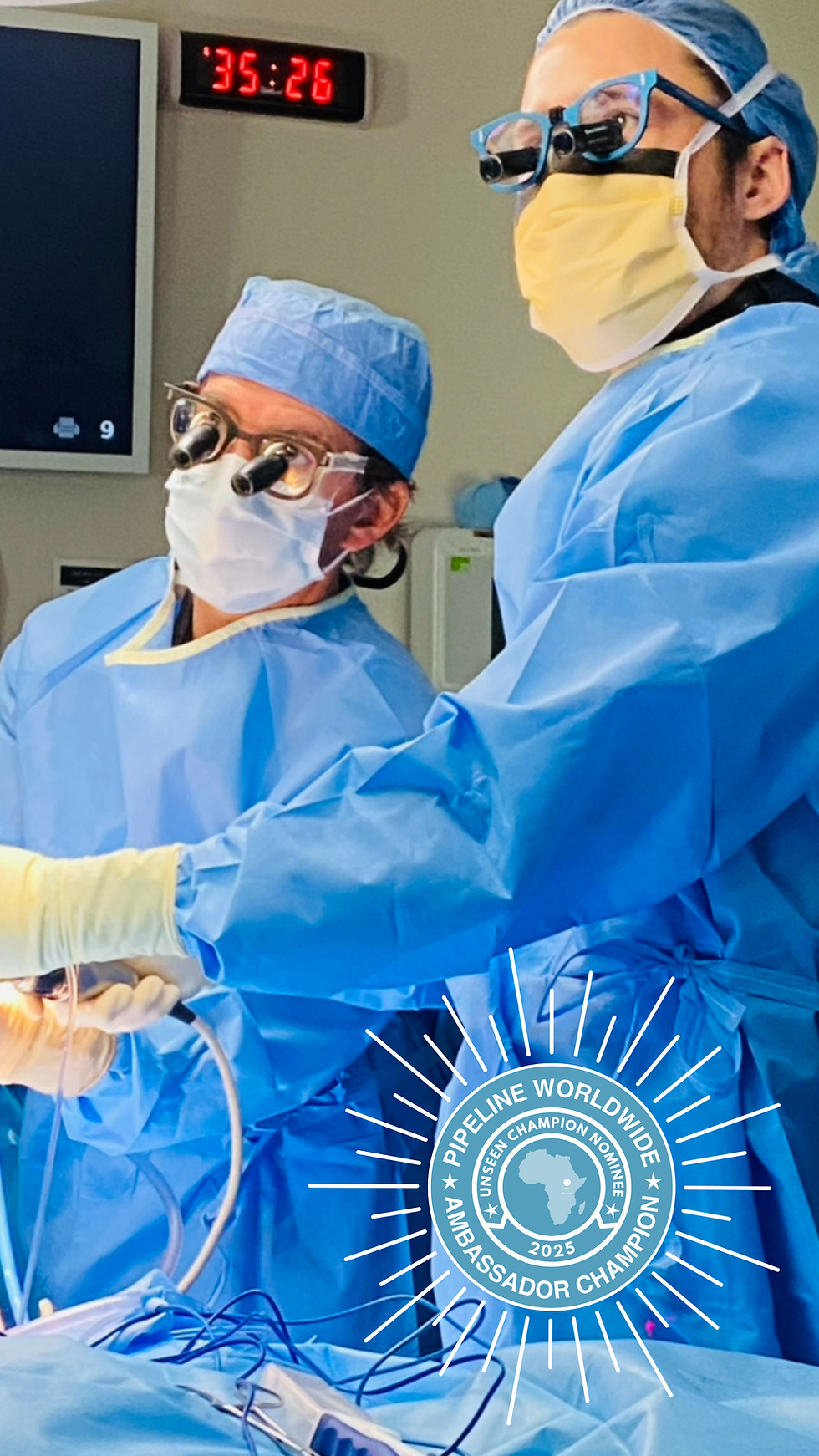Dr. James Lawler
- Pipeline Worldwide
- Aug 30, 2025
- 2 min read
Updated: Sep 3, 2025
Associate Director for International Programs & Innovation, UNMC Global Center for Health Security

Dr. James Lawler represents the profound impact that distinguished academic medical leaders can create when they choose to invest their expertise and credibility in humanitarian partnerships. As a leader at UNMC's Global Center for Health Security, Dr. Lawler brings exceptional credentials and strategic thinking to Pipeline's mission while demonstrating how prestigious medical professionals can validate and strengthen emerging humanitarian organizations.
Dr. Lawler's decision to partner with Pipeline reflects remarkable insight into the critical importance of relationship-based development work. He recognized that Pipeline's greatest asset was their ability to "open doors" – their established relationships and cultural competency that enable sustainable program implementation rather than imposed interventions. This understanding of development complexity distinguishes him from many academic leaders who might focus solely on technical expertise.
His initial willingness to take a chance with an unknown organization like Pipeline Worldwide demonstrates leadership courage that has proven transformational for Pipeline. By investing time in learning about and supporting Pipeline’s mission, Dr. Lawler has established credibility that opens additional doors and opportunities.
Dr. Lawler's hands-on engagement includes traveling with Pipeline to Uganda, providing him with direct experience that informs his advocacy and program development contributions. This experiential commitment ensures that his support is based on firsthand understanding rather than theoretical knowledge, making his endorsement particularly powerful.
His participation in Pipeline's events and ongoing collaboration demonstrates sustained commitment rather than token involvement. Dr. Lawler understands that effective partnerships require consistent engagement and mutual investment over time to create meaningful outcomes.
Perhaps most importantly, Dr. Lawler serves as a credible voice within academic medicine for Pipeline's approach. His statement that "most nonprofits do more harm than good, but Pipeline is actually doing what we need them to do" provides validation that resonates throughout the medical and academic communities. This endorsement helps establish trust with other potential partners who respect his judgment and expertise.
Dr. Lawler's partnership, spanning at least three years, illustrates how academic medical leaders can create substantial humanitarian impact through strategic relationship building and advocacy.








